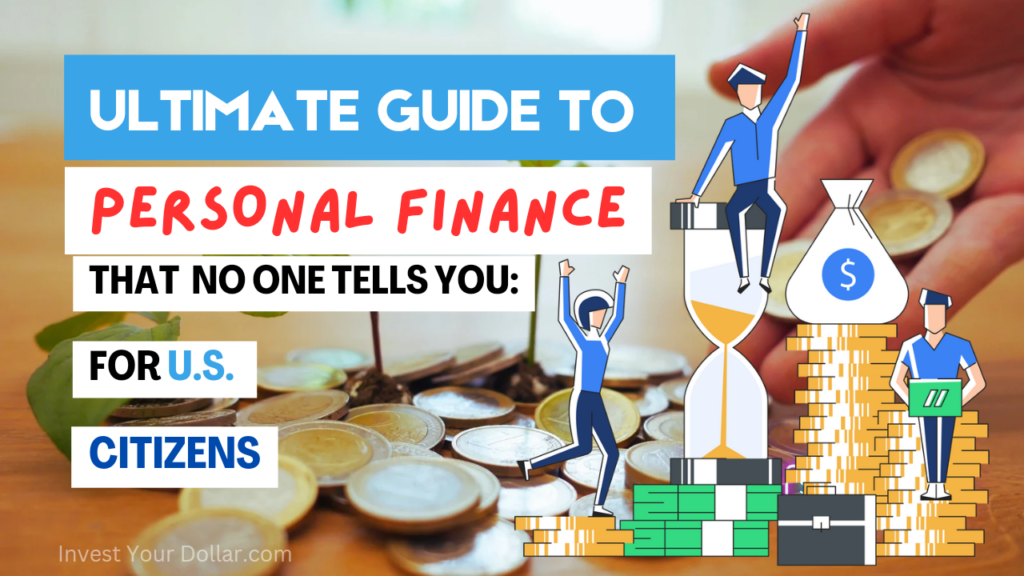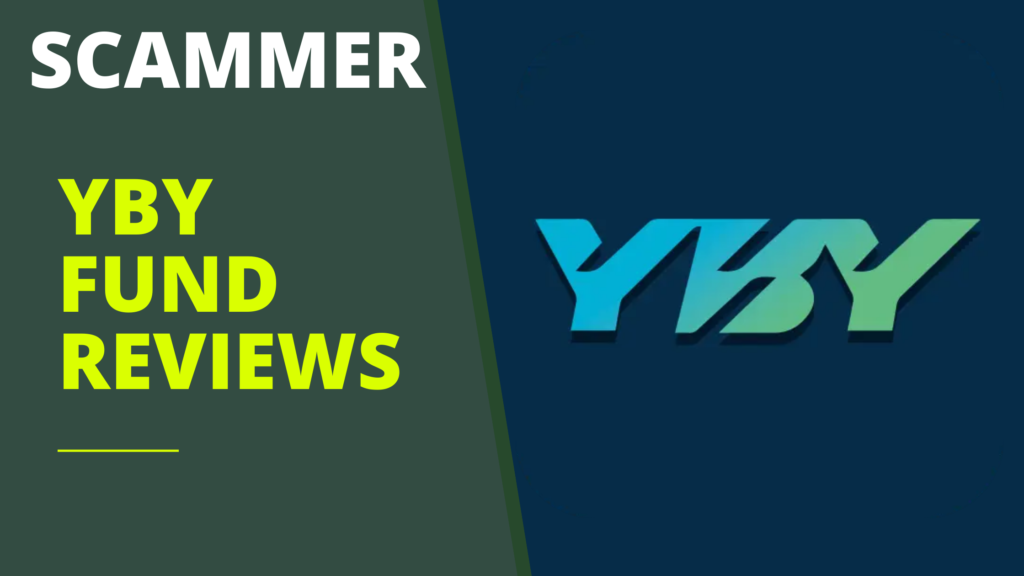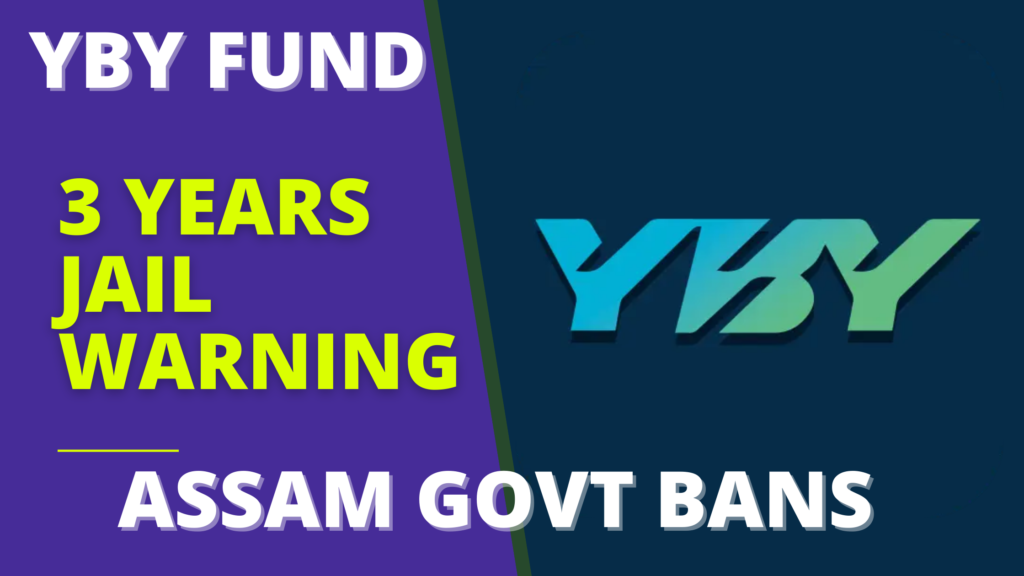
Becoming financially independent from zero is a challenging but achievable goal. It involves a combination of mindset, discipline, and practical steps. Here’s a roadmap to guide you:
1. Mindset and Education
- Set Clear Goals: Define what financial independence means to you. Whether it’s retiring early, having a passive income, or living debt-free, clarity will guide your actions.
- Learn Financial Basics: Understand budgeting, saving, investing, and managing debt. Books, podcasts, online courses, and financial advisors can help you build a strong foundation.
2. Create a Budget and Track Expenses
- Assess Your Current Financial Situation: List all your income sources and expenses. Calculate your networth, active income, passive income, and cut all unnecessary spendings.
- Live Below Your Means: Avoid lifestyle inflation. Focus on needs rather than wants, and allocate a portion of your income to savings and investments.
3. Build an Emergency Fund
- Save for Emergencies: Aim to have 3-6 months’ worth of living expenses in a liquid, easily accessible account. This will help you to be free from all unexpected problems that may come.
4. Increase Your Income
- Maximize Your Current Job: Ask for raises, take on more responsibilities, or improve your skills to increase your earning potential.
- Side Hustles: Explore freelance work, part-time jobs, or online businesses that can supplement your income.
- Passive Income: Consider investments or businesses that generate income with minimal effort, such as real estate, stocks, or digital products.
5. Pay Off Debt
- Prioritize High-Interest Debt: Focus on paying off debts with the highest interest rates first (e.g., credit cards) while making minimum payments on others.
- Debt Avalanche or Snowball Method: Use one of these strategies to systematically pay off debt. The avalanche method focuses on interest rates, while the snowball method targets small balances first for psychological motivation.
6. Invest Wisely
- Start Early: The sooner you start investing, the more you benefit from compound interest. The very small amount that you consistently invest today can give you high unexpected returns in the long term.
- Diversify Investments: Spread your investments across various asset classes (stocks, bonds, real estate) to minimize risk.
- Consider Index Funds: These low-cost funds track the overall market and are a good option for beginners.
7. Automate Savings and Investments
- Automate Contributions: Set up automatic transfers to your savings and investment accounts to ensure consistency and reduce the temptation to spend.
- Employer Retirement Plans: Maximize contributions to retirement accounts, especially if your employer offers a matching program.
8. Minimize Taxes
- Understand Tax-Advantaged Accounts: Utilize accounts like IRAs, 401(k)s, and HSAs to reduce your tax burden.
- Work with a Tax Professional: A tax advisor can help you optimize your finances and take advantage of tax-saving opportunities.
9. Build and Protect Your Assets
- Buy Insurance: Protect your income and assets with appropriate insurance (health, life, disability, property).
- Estate Planning: As your wealth grows, consider creating a will, trust, or other estate planning tools to ensure your assets are distributed according to your wishes.
10. Stay Disciplined and Adapt
- Monitor Your Progress: Regularly review your financial goals and adjust your strategies as needed.
- Avoid Lifestyle Inflation: As your income increases, maintain your current lifestyle and invest the difference.
- Stay Patient and Persistent: Financial independence takes time. Stay focused on your goals and avoid impulsive decisions.
11. Surround Yourself with Like-Minded People
- Network: Join communities or groups focused on financial independence. Learning from others’ experiences can keep you motivated and provide valuable insights.
Achieving financial independence from zero is a journey that requires time, effort, and consistency. By using all the steps mentioned here and by regularly learning and practice, you can become wealthy and make your financial future better.









